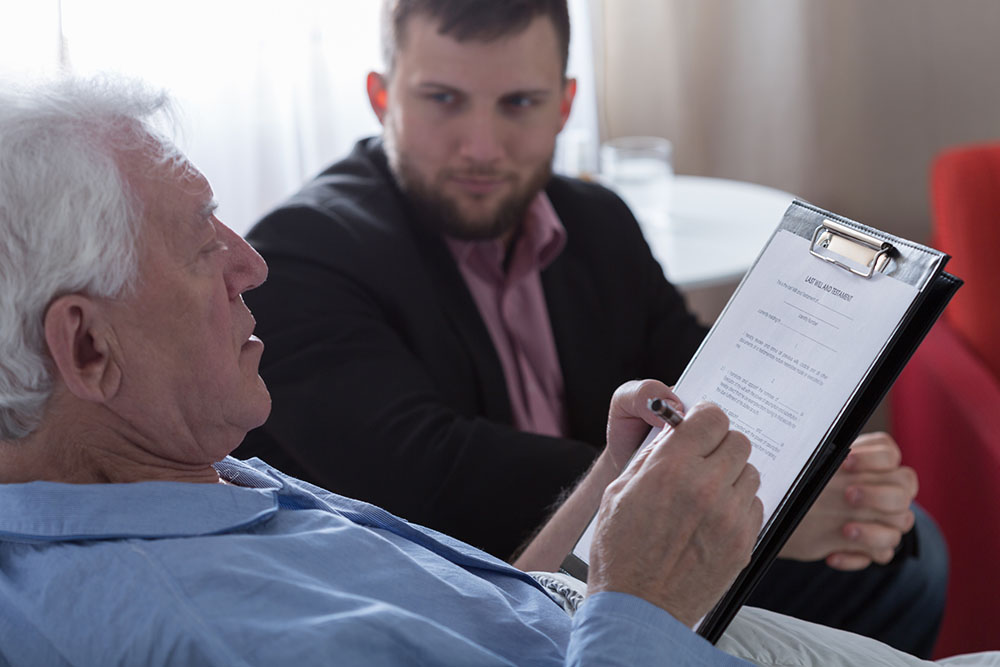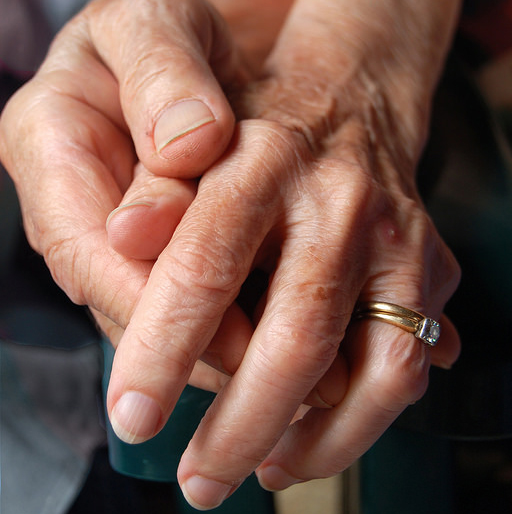The COVID pandemic has highlighted the pressing need for research on the role of technology in will-making, QUT researchers from the Australian Health Law Research Centre have found.
- Emergency pandemic measures allowed audio-visual witness of wills
- Normally two disinterested witnesses required to be physically present
- Problem of undue influence or duress among the challenges
The Centre's co-director, Associate Professor Tina Cockburn and Dr Kelly Purser found such issues as satisfactorily assessing the person's will-making capacity, identifying safeguards necessary to prevent fraud, undue influence or duress all needed further investigation.
Professor Cockburn said the COVID-19 pandemic had reminded many people to make a valid will to ensure their property was distributed according to their wishes upon their death.
COVID-19 cruelly highlighted individual mortality and what happens to a person's property when they die," Professor Cockburn said.
"However, compliance with traditional wills formalities, which require the physical presence of two independent witnesses to validate a will, was made difficult or impossible by the COVID-19 lockdowns and/or social isolation.
"Some Australian jurisdictions introduced emergency reforms to allow audio-visual witnessing of wills and some of these emergency measures are now ending.
"This raises the question as to whether they should become permanent and whether technology has a role in increasing access to valid will-making."
Professor Cockburn said many countries had been considering how technology could facilitate access to valid will-making, including remote online witnessing, online wills and even blockchain wills.

"During COVID-19 emergency measures were introduced to relax the rules to allow remote witnessing of wills via Zoom, Skype or Face-time; some legal scholars are advocating for this measure to become permanent post-pandemic," she said.
QUT Planning for Healthy Ageing Program co-leader Dr Kelly Purser said the lack of physical presence in the will-making process meant that even if the will-maker said they were alone, there was no way to verify that someone was not just off-screen or in another room who appears unusually insistent that the person execute the will.
"In Queensland, even before the COVID-19 emergency measures, there was scope to dispense with the formal witnessing requirements for a valid will, but this required a court application and supporting evidence as to the testator's testamentary intention," Dr Purser said.
"A Queensland court can dispense with formal requirements if: there is a document or part of a document that purports to be the decedent's will; the document is not executed in accordance with the traditional formalities; the court is satisfied that the decedent intended the document to serve as a will.
"The definition of a 'document' is broad; it includes 'any material from which sounds, images, writings or messages are capable of being produced or reproduced.'.
"On these grounds Queensland courts have determined that a note on an iPhone, an unsent text message and a video recording on a DVD were "documents" for purposes of this statute."
"Australian jurisdictions have adopted different responses to the continuation of the emergency measures in response to COVID-19 ranging from making them permanent to bringing them to an end. "
 Dr Purser said that the issues which had arisen in relation to COVID-19 and access to will-making highlighted the importance of further research into both will-making and contestation behaviours.
Dr Purser said that the issues which had arisen in relation to COVID-19 and access to will-making highlighted the importance of further research into both will-making and contestation behaviours.
"Little is known about individual experiences of will-making and contestation generally, let alone with technology facilitated remote-witnessing developed largely in response to a public health emergency," Dr Purser said.
"Before moving to embrace technology-based law reform, law reformers, policy-makers and legal scholars need to understand more about why people do or do not make and contest wills."
This research was conducted with Professor Bridget J Crawford from Pace University in New York. Wills Formalities beyond COVID-19: an Australian-United States Perspective was published in the University of New South Wales Law Journal.






